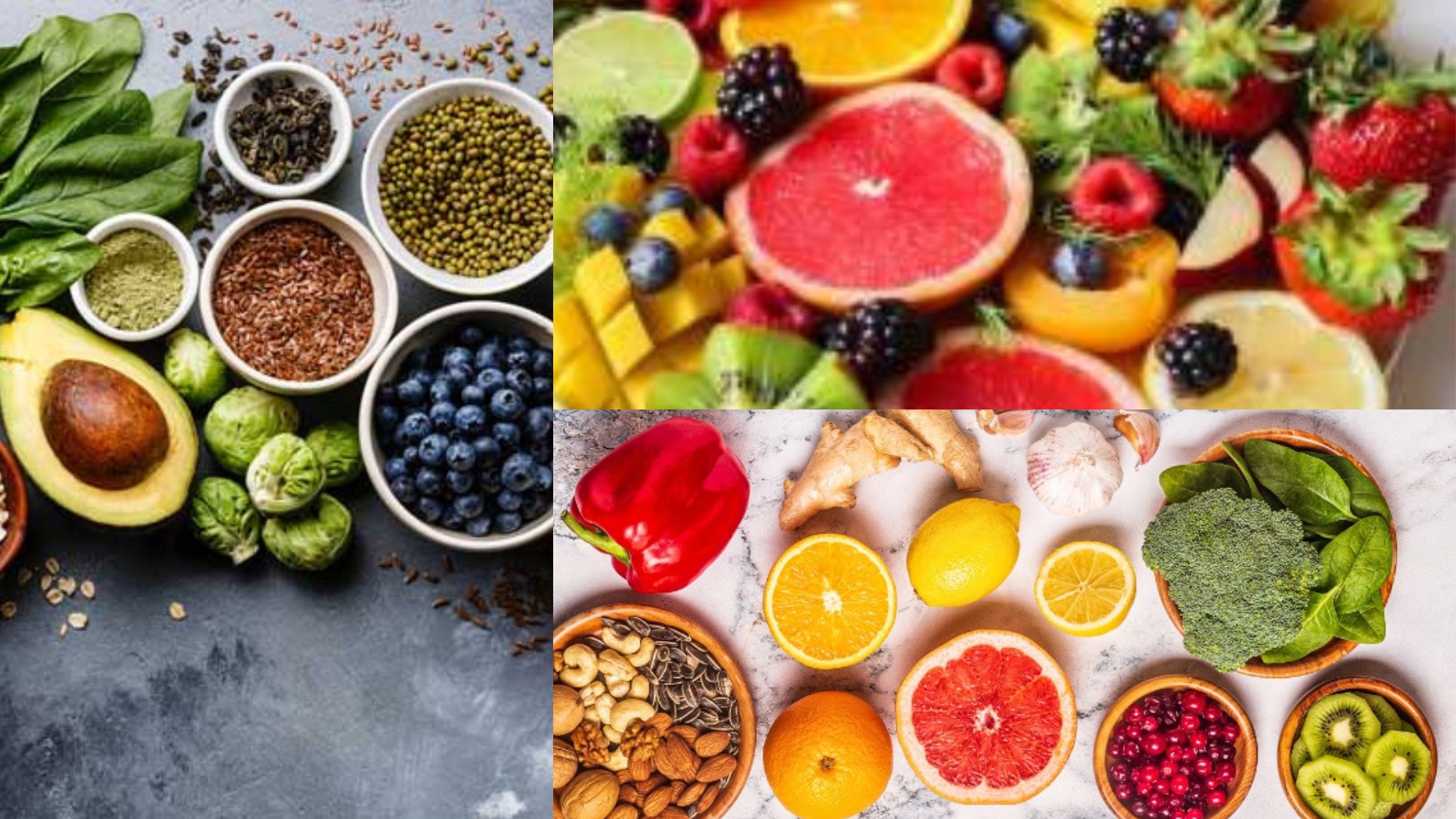Bad blood flow in the legs can lead to serious issues like pain, puffiness, numbness, and even varicose veins or DVT. Fortunately, certain vitamins and nutrients can boost circulation, make veins stronger, and ease symptoms. If you’re curious about where to find these key vitamins, this article will go over the best natural food sources, supplements, and lifestyle changes tips to strengthen the circulation in your feet.
Maintaining healthy veins is important for optimal circulation, and some vitamins play an important role in repairing and strengthening the walls of the vein, reducing inflammation and prevention of conditions such as varicose veins. Vitamin C is important for the production of collagen, a protein that maintains the elasticity of veins and structural integrity. It also acts as an antioxidant to shield veins from damage caused by oxidative stress. Vitamin E has a positive effect on blood circulation and lowers the chances of clots forming, while its ability to reduce inflammation aids in vein recovery. Vitamin K plays a crucial role to stop blood clots and decrease spider veins by supporting proper blood clotting and minimizing small vessel leakage.
B-complex vitamins B6, B9 (folate) and B12, play a role in controlling homocysteine levels—a substance that can harm veins when it’s too high. Vitamin D helps (endothelial function) blood vessel lining work well and cuts down on swelling. Also, bioflavonoids often paired with vitamin C, make veins stronger and lessen inflammation by helping (capillary permeability) let things through more.
A diet rich in leafy greens, citrus fruits, nuts, seeds and lean protein can provide these nutrients, though supplements may be beneficial for those with deficiencies. Always consult a healthcare provider before starting new supplements, especially if you’re taking blood-diluted medications or other medications. Taking these vitamins with hydration, exercise and low sodium diet can maximize veins repair and long-term vascular health.
Why Is Blood Circulation in Legs Important?
Before knowing about vitamins, let’s understand why blood circulation is important:
- Delivers oxygen & nutrients – Blood carries oxygen and essential nutrients to muscles and tissues.
- Removes waste products – Proper circulation helps to extract toxins and carbon dioxide.
- Prevents swelling & clots – Proper blood flow reduces the risk of varicose veins, DVT and cramps in the leg.
- Supports healing – Proper blood circulation helps in faster recovery from injuries and muscle fatigue.
When circulation is poor, you may experience:
- Cold feet, Numbness or tingling
- Swelling in ankles
- Varicose veins, Muscle cramps
Now, let’s find out which of the best vitamins that improve blood flow and where they can be found.
Top Vitamins for Blood Circulation in Legs
1. Vitamin C – Strengthens Blood Vessels
Vitamin C increases collagen production, which maintains veins and arteries flexible. It also prevents oxidative damage.
Best food sources:
- Oranges, lemons, grapefruits
- Bell peppers (especially red)
- Strawberries, kiwis
- Broccoli, Brussels sprouts
Supplement option: 500–1000 mg daily (if diet is insufficient).
2. Vitamin E – Prevents Blood Clots
Vitamin E acts as a natural blood thinning substance, which improves circulation and reduces the risk of clots.
Best food sources:
- Almonds, sunflower seeds
- Spinach, kale
- Avocados
- Olive oil, wheat germ oil
Supplement option: 100–400 IU per day (consult a doctor if on blood thinners).
3. Vitamin B3 (Niacin) – Widens Blood Vessels
Niacin helps spread blood vessels, thereby better blood flow to the legs.
Best food sources:
- Chicken, turkey
- Peanuts, sunflower seeds
- Brown rice, whole grains
- Mushrooms
Supplement option: 50–100 mg daily (high doses may cause flushing).
4. Vitamin K – Supports Healthy Veins
Vitamin K prevents the deposition of calcium in arteries and maintains the elasticity of the veins.
Best food sources:
- Leafy greens (kale, spinach)
- Brussels sprouts
- Fermented foods
- Cheese, eggs
Supplement option: 90–120 mcg per day (usually not needed if eating greens).
5. Vitamin B6, B9, B12 – Reduces Homocysteine (A Risk Factor for Poor Circulation)
These B vitamins lower homocysteine levels, which can damage blood vessels.
Best food sources:
- B6: Bananas, chickpeas, salmon
- B9 (Folate): Lentils, spinach, asparagus
- B12: Eggs, dairy, fish
Supplement option: B-complex vitamins.
6. Vitamin D – Improves Blood Vessel Function
Vitamin D deficiency is associated with poor blood circulation and arterial hardness.
Best food sources:
- Fatty fish (salmon, mackerel)
- Egg yolks
- Fortified milk & cereals
Supplement option: 1000–5000 IU daily (based on blood test results).
Other Key Nutrients for Leg Circulation
Although vitamins play a big role, these nutrients also help:
1. Omega-3 Fatty Acids
Why? Reduces inflammation, prevents clots.
Sources: Fatty fish, flaxseeds, walnuts.
2. Magnesium
Why? Relaxes blood vessels, improves circulation.
Sources: Dark chocolate, almonds, spinach.
3. Iron
Why? Prevents anemia, which can cause poor circulation.
Sources: Red meat, lentils, spinach.
4. L-Arginine
Why? Boosts nitric oxide, which widens blood vessels.
Sources: Meat, nuts, seeds.
Lifestyle Tips to Improve Leg Circulation
Vitamins alone aren’t enough—combine them with these habits:
- Walking, cycling, and swimming boost circulation (Exercise regularly)
- Water helps maintain blood volume and flow (Stay hydrated)
- Reduces swelling and improves venous return (Leg Elevation)
- Helps veins push blood back to the heart (Compression socks Wearing)
- Take breaks to move around (Avoid prolong sitting and standing)
- Smoking damages blood vessels and reduces circulation (Quit Smoking)
When to See a Doctor
If you experience:
- Severe leg pain or swelling, Persistent numbness
- Skin discoloration or ulcers, Sudden shortness of breath
Final Thoughts
The proper circulation of blood to the legs begins with taking whole foods that provide the right vitamins and nutrients. Ensure you take vitamin C, E, B-complex, K and D, and omega-3s with magnesium. If these are not obtainable from your diet, supplements can help, however, always consult a doctor first before starting. Combine these nutrients with exercise, hydration, and healthy habits for the best results.
